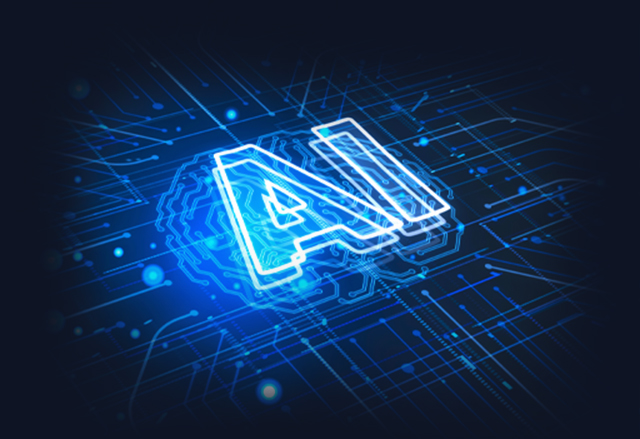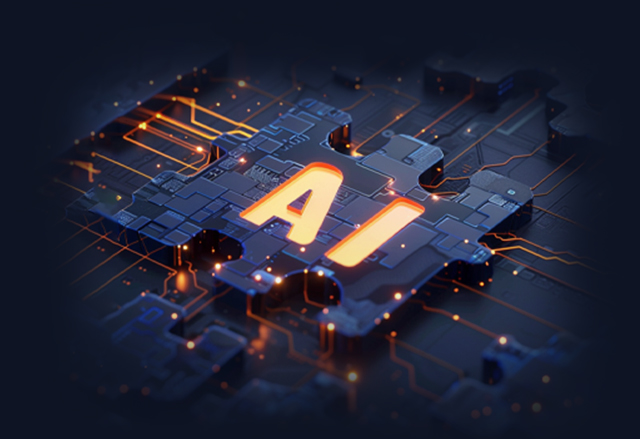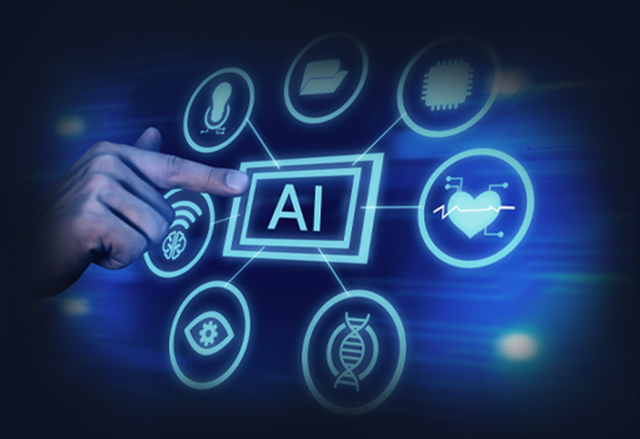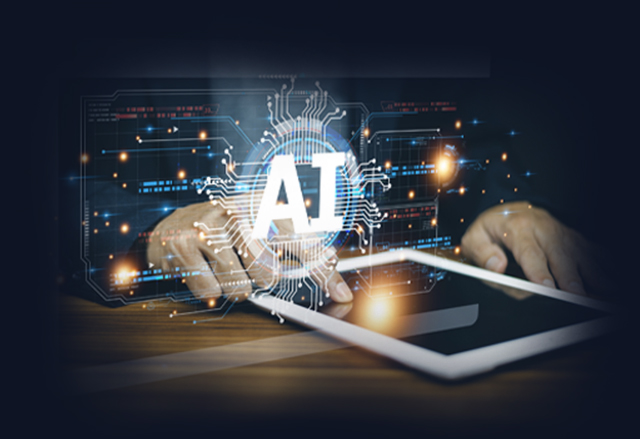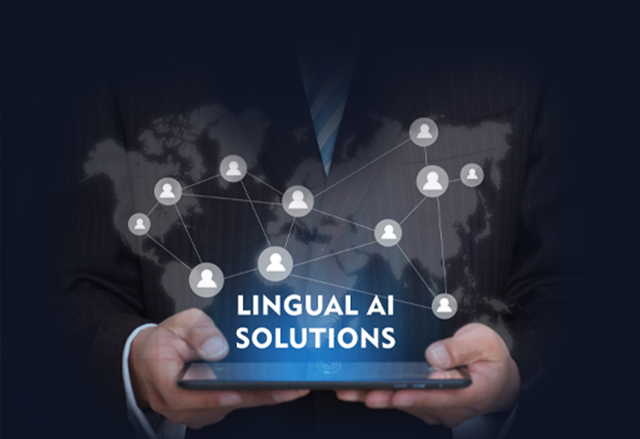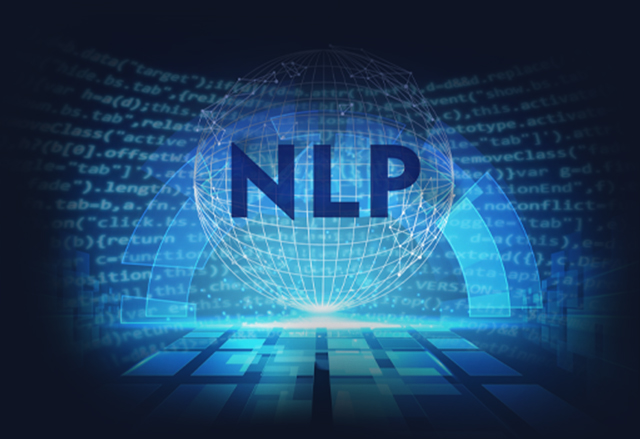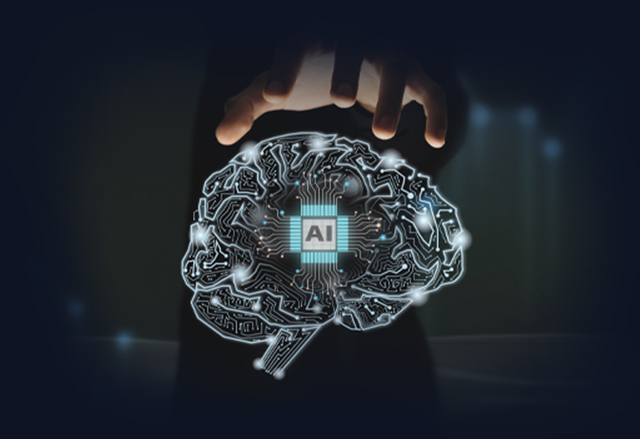AI Chatbots in Government: Transforming Public Services

Welcome to the captivating world of Artificial Intelligence (AI) and its transformative impact on the government sector!
Governments are actively seeking ways to harness generative AI, a technology believed to streamline bureaucracy and enhance public access to government information.
One powerful application of AI in the government services industry is the use of chatbots.
These digital assistants simulate human-like conversations, instantly providing answers to citizen queries regarding public services.
Revolutionizing the way citizens interact with government agencies, AI chatbots make interactions faster, more efficient, and accessible 24/7. From renewing driver's licenses to accessing public health information, these virtual assistants ensure that citizen questions are promptly addressed, eliminating the need for long queues and hold times.
Join us as we explore the impact of AI chatbots on the government services industry, delving into their role in reshaping processes and improving accessibility. Get ready to embark on this enlightening journey into the world of AI-powered government services.
Use Cases of AI Chatbots in Government
Chatbots have a diverse range of applications in the government services industry, serving both citizens and employees.
Let's delve into some of these practical use cases:
- Tax Assistance: Chatbots simplify the complex world of taxes by offering guidance on forms, deadlines, and other tax-related queries.
- Public Information Hub: Chatbots serve as an easily accessible source of essential public information, providing updates on construction projects, operating hours of public offices, and other relevant details.
- Seamless Transit Support: Citizens can use chatbots to access real-time public transit schedules, facilitating an easier commute.
- Event Updates: Chatbots keep citizens informed about local events, from festivals to markets, ensuring they don't miss out on any exciting happenings.
- Business Permits Guidance: Entrepreneurs looking to start a business can rely on chatbots for information about local regulations and rules for obtaining business permits.
- Public Health Insights: Chatbots provide reliable information about public health measures, vaccine availability, and other health-related queries.
- Immigration Assistance: Immigrants can use chatbots to track their application status and find answers to common immigration questions, such as the correct forms to fill out.
- Government Services Access: Chatbots facilitate access to government services, making processes like permit applications and license renewals more straightforward and time-saving.
- Information Dissemination: Chatbots serve as virtual government libraries, offering information on government programs, services, and policies.
- Feedback and Complaints: Chatbots provide a convenient platform for citizens to offer feedback or register complaints about government services or policies, ensuring their voices are heard and issues are addressed.
What Are The Benefits of Using Government Chatbots?
AI government chatbots offer numerous benefits, making them a valuable tool for government agencies and citizens alike:
- 24/7 Availability: Government chatbots are available round the clock, allowing citizens to access information and services at their convenience, reducing the need for fixed office hours.
- Efficiency: Chatbots can handle a large volume of inquiries simultaneously, reducing wait times and simplifying government operations.
- Cost Savings: By automating routine tasks and inquiries, government chatbots can reduce operational costs associated with call centers and administrative staff.
- Consistency: Chatbots provide consistent and accurate information, reducing the risk of human errors and ensuring that citizens receive reliable answers to their questions.
- Accessibility: Chatbots can be accessed through various digital channels, including websites, mobile apps, and messaging platforms, making government services more accessible to a broader range of citizens, including people with disabilities.
- Scalability: Chatbots can scale to accommodate increased demand during peak times or emergencies, ensuring that citizens can always access critical information.
- Data Collection and Analysis: Chatbots can collect data on citizen interactions, helping governments understand citizen needs, preferences, and areas for improvement.
- Language Support: Government chatbots can offer support in multiple languages, making government services more inclusive for diverse populations.
- Faster Response Times: Citizens can get answers to their questions almost instantly, reducing frustration and enhancing citizen satisfaction.
- Reduced Workload for Human Agents: Chatbots can handle routine queries, allowing human agents to focus on more complex and specialized tasks, improving overall productivity.
- Enhanced Security: Chatbots can be designed with robust security features to protect sensitive citizen data, ensuring privacy and compliance with regulations.
AI chatbots in the government services industry are revolutionizing how citizens and employees interact with public services. They act as friendly and knowledgeable guides, available around the clock.
These digital assistants streamline processes, provide instant information, and enhance accessibility.
They are continually improving. This marks a positive shift in government-citizen interactions, promising a more efficient and responsive future. Embrace the chatbots, they're here to simplify our lives, one conversation at a time!
Frequently Asked Questions (FAQs)
What is the definition of a government chatbot?
A government chatbot is a computer program or artificial intelligence system designed to interact with citizens and provide information, answer questions, and offer assistance related to government services, policies, and procedures.
These chatbots are typically used to improve public access to information and streamline interactions with government agencies through conversational interfaces, such as text-based messaging or voice interactions.
What tasks can AI chatbots assist with in government services?
From providing tax information to sharing public health updates, AI chatbots are versatile digital assistants.
They can guide individuals through business permit inquiries, provide transit information, and even assist farmers with agriculture-related data.
Can AI chatbots be beneficial to the judiciary sector?
Absolutely! AI chatbots can redefine engagement and expand access to justice by improving efficiency and reducing administrative overhead costs. They can optimize interrogation time and even support multiple languages, making justice more accessible.
How can AI chatbots enhance the museum visitor experience?
AI chatbots can transform a regular museum visit into an interactive experience. They provide additional information about exhibits, answer queries out-of-hours, and offer extended visitor experiences, all in the citizen's natural language, making the visit more enriching and enjoyable.




